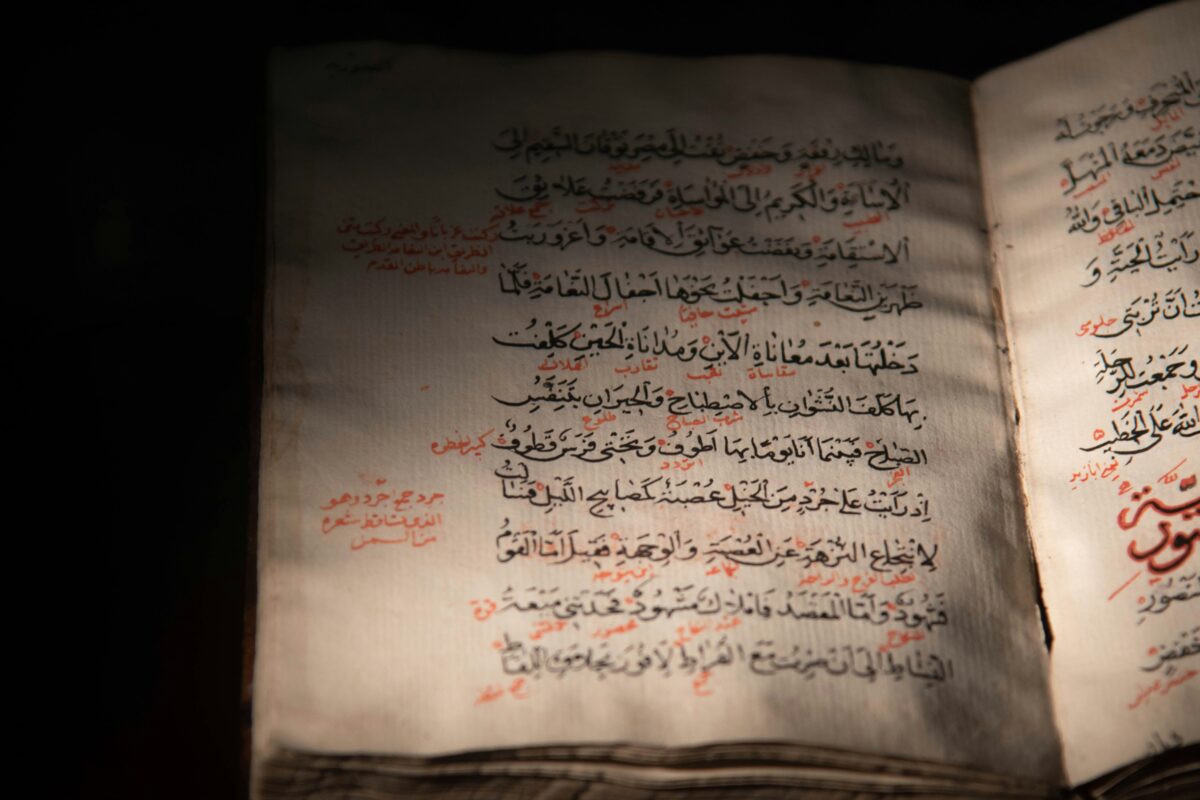The Internet has changed the world in too many ways to count.
Almost as soon as the Internet became part of daily life, owners of interactive websites were grappling with a tricky ethical and logistical dilemma. Should they control or limit what people can say online? And if they should, how?
Today, many search engines, social media platforms, and reference sources online use special filters that identify and block words or phrases that are widely considered offensive or obscene. These filters are clever, but they’re not perfect. Many totally innocuous local and community websites and groups found themselves blocked when filters falsely identified strings of letters or words in their titles as inappropriate.
The name of this phenomenon is the ‘Scunthorpe Problem’. Scunthorpe is a town in Leicestershire, England. In 1996, people from that area were banned from creating AOL accounts because the town’s name incorporated a four-letter word widely considered rude.
Although filters have become more sophisticated over the years, similar problems have continued to occur. And, because the filters have a bias towards the English language, minority languages, and surnames from non-English-speaking cultures, have been disproportionately affected.
As recently as March 2025, after Defense Secretary Pete Hegseth ordered the removal of content designated ‘inclusive’, the US Department of Defense removed references to the ‘Enola Gay’ aircraft!
Photo Source: https://www.sporcle.com/blog/2017/04/the-scunthorpe-problem/



